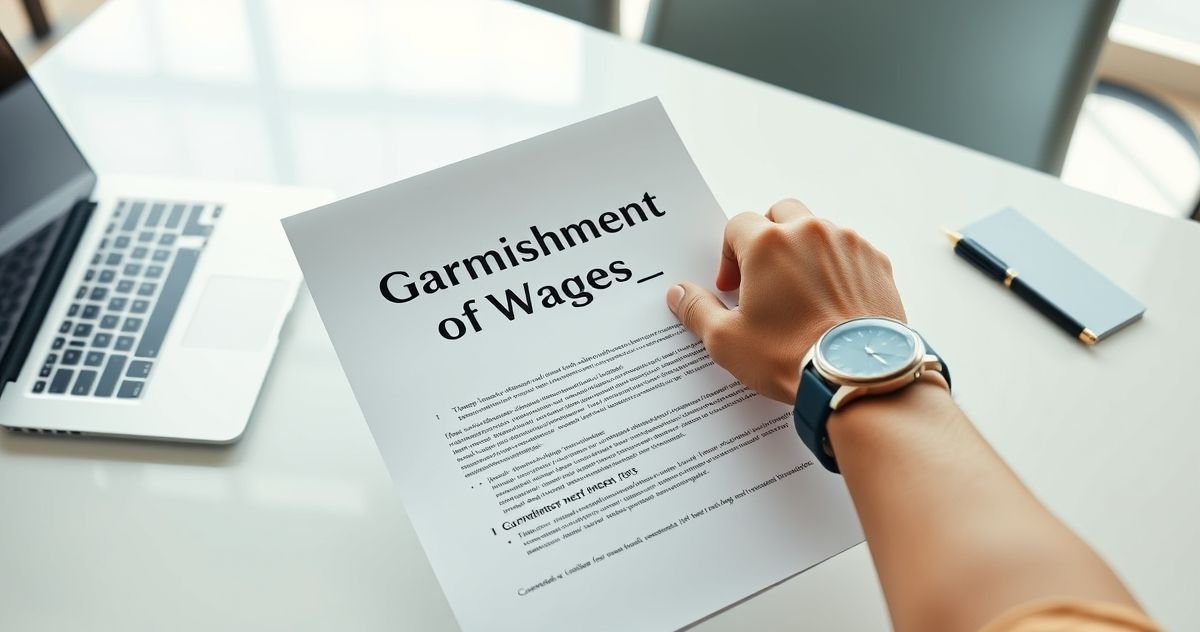A Garnishment of Wages Notice is a formal, legally binding instruction sent primarily to employers, ordering them to deduct a specific portion of an employee’s disposable earnings to satisfy an outstanding debt. This process bypasses the employee and sends money directly to the creditor or government agency. Usually, the notice follows a court judgment against the debtor or a federal administrative order, such as for defaulted student loans or unpaid taxes.
Common debts subject to wage garnishment include child support, federal student loan defaults, unpaid federal and state taxes, and consumer debts like credit card balances or medical bills. While child support and government debts often don’t require court judgments, most consumer debts must be affirmed by a court before garnishment can begin.
The garnishment begins when your employer receives the notice, mandating legally required deductions from your paycheck. Federal law, under the Consumer Credit Protection Act (CCPA), limits garnishment to the lesser of 25% of disposable income or the amount exceeding 30 times the federal minimum wage, though higher percentages apply for certain debts like child support or student loans. Many states also enforce stricter protections.
If you receive a Garnishment of Wages Notice, do not ignore it. Review the notice carefully to understand the creditor, debt amount, garnishment percentage, and your rights. Consulting a consumer law or debt attorney is recommended to verify the garnishment’s validity and explore options such as negotiating repayment plans, filing for exemptions to protect income, challenging the garnishment in court, or considering bankruptcy protection.
Employers cannot lawfully fire employees solely because of a single wage garnishment under federal law, but having multiple garnishments may lessen such protection. Importantly, changing jobs does not end a garnishment; creditors can issue new orders to your new employer.
For federal debts like taxes or student loans, administrative garnishment orders can occur without a court judgment, though due process rights such as notice and appeal opportunities generally still apply. If the garnishment relates to IRS tax levies, consulting tax professionals or exploring installment agreements and offers in compromise may stop or reduce payments.
Your paycheck is protected from being fully garnished; limits exist to ensure you have funds for living expenses. For detailed legal guidance, visit the U.S. Department of Labor’s Wage Garnishment Fact Sheet and IRS resources like IRS Topic No. 201 – Tax Levies.
Learn more about related topics such as Wage Garnishment, Tax Garnishment, and Defaulted Student Loans to understand your rights and options in debt collection.



